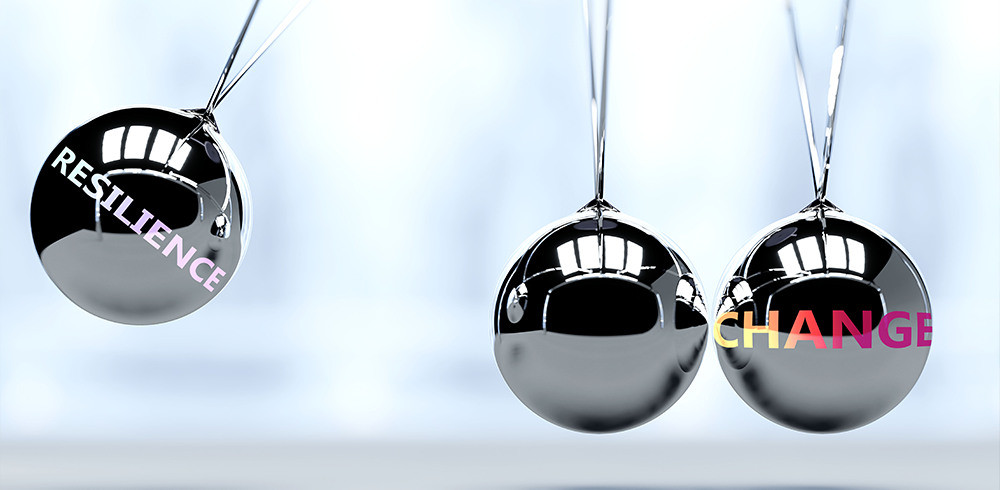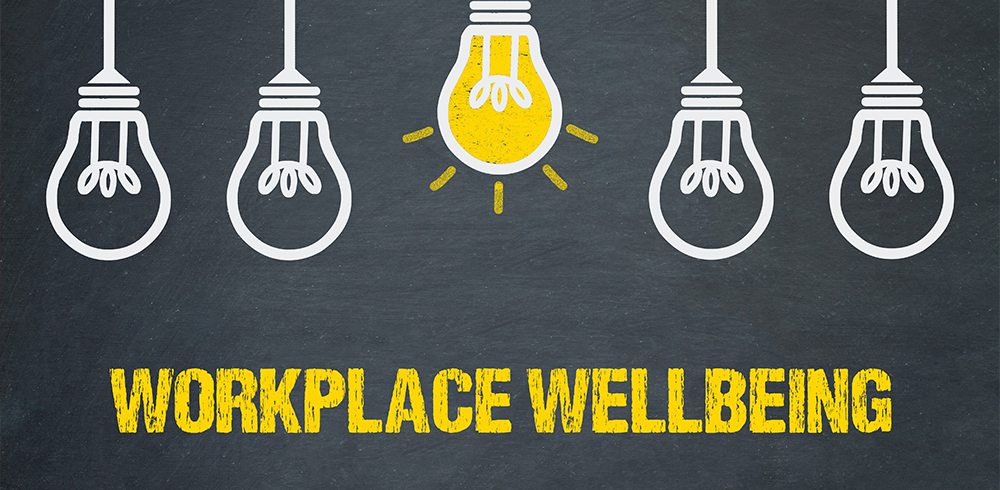Keynotes & Workshops
We deliver keynotes, workshops, and leadership programming across industries and sectors.
We stay on the cusp of the ever-changing needs of businesses and our community. We listen and then implement innovative and progressive ideas and programs. From leadership strategy to design thinking, to presence and communication, WOI+ has the tools to suit the specific needs of your organization. Our current suite of offering includes the following sessions that can run anywhere from 30 minutes to 3 full days of training. If you are looking for a keynote for your next conference or wanting help with your Women in Leadership program, reach out to our CEO to discuss opportunities. Check back throughout the year to see what new and exciting programs and sessions are available, or connect with us to discuss a customized program for your organization.

The Science of Belonging
Research has consistently shown that when employees feel that they belong, they will perform better and experience higher levels of commitment, engagement, and well-being. An absence of belonging increases risk of isolation, underperformance, and burnout. This session will examine what it means to belong at work, the harmful effects of exclusion, and the challenges that leaders face in creating a sense of belonging. Practical and evidence-based tools and strategies that support building, fostering, and nurturing a culture of belonging will be presented.

Redefining Resilience
Resilience is a powerful skill that can be developed. It is the ability to bounce back from obstacles and setbacks to achieve higher levels of performance. It requires developing positive adaptation processes to help overcome the challenges that we face, and the use of positive experiences to build confidence in our strengths and abilities. It also involves interventions that support and develop self-trust, objective reasoning, perseverance and possibility thinking. Research shows that these capabilities can be learned, and this session focuses on how we can develop strategies to build our resilience by examining the capabilities of psychological capital, and improve the experiences that we have to navigate the change we experience, and reach our full potential.
Optional Add-On: Resilience Assessment – The OPPS Indicator: Turning Challenges Into Opportunities

The Science of Trust
Trust is in a state of crisis, and earning trust has never been more imperative for leaders than it is today. Trust helps to solve problems of risk, and is needed for collaboration and innovation. Embracing risk during this time can be challenging, especially when there is greater exposure to uncertainty with potential loss that truly matters. This session will examine the neuroscience of trust, misperceptions, and navigating distrust. The connections between transparency, vulnerability, and trust will be explored. Tools and strategies to lead and manage for trust will be presented.
Optional Add-On: Simulation – Creating a Culture of Trust

Bias Awareness & Anti-Racism
Our behaviour is impacted by the assumptions, biases, and stereotypes (positive and negative) that exist in our subconscious. We tend to believe that we are seeing everything in its complete form, however, it’s not possible for each of us to see the world as it is. Instead, we see the world through the lens of our experiences, biases, and various identity factors. As a result, the assumptions we hold shape the decisions that we make, but these decisions may be creating unequal outcomes for our employees. Steps can be taken to minimize the impact of bias in the workplace. This includes approaching our work in an informed way, specific training and interventions, empathy-driven dialogue and heightened self-awareness. This session will present an introduction to bias and strategies that challenge our assumptions and create a workplace that is inclusive will be explored.
Optional: Full programs available

Gender-based Analysis Plus Training
Gender-based Analysis Plus (GBA+) can be used in any sector to guide the systematic consideration of gender and other identity factors throughout the development initiatives, policies and programs. There are differences in how people experience aspects of life from education to employment. GBA+ encourages us to examine how a situation can be experienced differently and is affected by identity factors. One of the key competencies developed in GBA+ training is the capacity to challenge the assumptions we make as individuals, while considering how these assumptions may unintentionally create unequal outcomes for others. Incorrect assumptions can lead to unexpected or unintended consequences for a particular group. This session aims to recognize and move beyond our assumptions and find ways to address needs using the analytical process.

Change Styles
We’re experiencing it. What do we do next? Change Leadership offers an opportunity to engage in different experiences to help support leaders in understanding and responding to change with practical training, tools, and tactics. The Change Style Indicator measures an individual’s preferred style in approaching and addressing change. The instrument addresses both initiated and opposed change and places the respondent on a continuum between 5 Conserver (prefers the known to the unknown), Pragmatist (prefers to explore the current situation in an objective manner), and Originator (prefers a faster and more radical approach to change). It provides leaders of all levels with insights on personal preferences for managing through change and provides context for how those around them might perceive and respond to their preferred style. This session requires the Change Styles Indicator assessment tool.

Tall Poppy Syndrome
A recent survey, led by Dr. Rumeet Billan, in partnership with Thomson Reuters and Women of Influence, found an overwhelming number of women in Canada have experienced Tall Poppy Syndrome in the workplace. A term popularized in Australia, Tall Poppy Syndrome occurs when people are attacked, resented, disliked, criticized or cut down because of their achievements or success. This has an impact on everything from engagement to productivity to retention. It also has a direct impact on the emotional and psychological well-being of women. An immediate change is needed to support women in the workplace, to encourage their accomplishments and shift the culture of toxic workplaces. This session will examine the results of The Tallest Poppy, and discuss how psychological health and workplace performance has been affected by this silent systemic syndrome.

Psychological Health and Safety
Psychological safety is the belief that one can speak up and share their thoughts, ideas, and feelings without risk of negative consequences. High performing teams require psychological safety for optimal creativity, risk-taking, vulnerability, and collaboration. As the boundaries between work and life continue to blur due to the ongoing pandemic, new forms of work are affecting the psychological safety that employees experience, making it both fragile and essential. This session will examine the 13 factors of psychological health and safety and explore its misconceptions, including unearned autonomy and a shield from accountability. Strategies and steps for leaders to create, boost, and nurture psychological safety among those that they lead will be presented.

